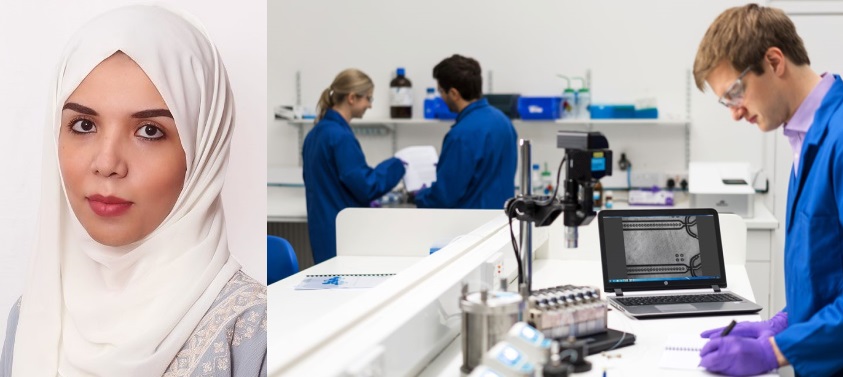Dolomite aids the development of artificial intelligence for microfluidics
Microfluidic technologies are rapidly becoming the method of choice for micro- and nanoparticle production across a number of sectors, from cell biology research to drug development. This approach offers a number of advantages over traditional batch methods, including precise process control, enhanced reliability, and the ability to easily scale up production.
The exceptional reproducibility and tunability of microfluidic particle generation provide new opportunities to streamline development workflows, using artificial intelligence (AI) to perform in silico predictions prior to laboratory testing. Dr Safa A Damiati from the Department of Pharmaceutics at King Abdulaziz University in Jeddah, Saudi Arabia, explained: “AI, and machine learning in particular, are now widely used for numerous applications in pharmaceutical development. These technologies help to accelerate research and reduce costs by, for example, predicting the experimental parameters or compounds most likely to give a particular outcome, without the need for extensive trial and error. However, AI approaches can only be used where results are predictable and reproducible, and sufficient quantities of carefully curated data are available. Microfluidics brings this level of precision to particle generation, and has allowed us to develop a machine learning model that can successfully predict the experimental parameters required to generate size-tunable particles with specific characteristics.”

Dr Safa A Damiati
“Working with multiple data sets provided by Dolomite, we used a supervised learning approach to train an artificial neural network (ANN) to interpret the non-linear relationships between various experimental parameters – flow rates, polymer concentrations, etc. – on the resulting particles. Once we had trained, tested and validated the ANN model, we used an external data set containing previously unseen data to assess its capability to predict experimental outcomes, with accurate and promising results.1 This initial proof-of-concept study showed that AI could be combined with microfluidic systems to accelerate research, and the aim now is to expand this approach to provide researchers with a novel tool to accelerate particle development for a variety of applications.”
Find out more about Polymer Microparticles:
Polymer Microparticle Synthesis
